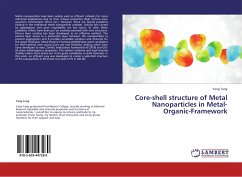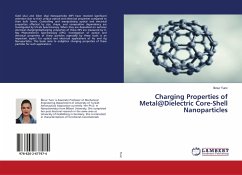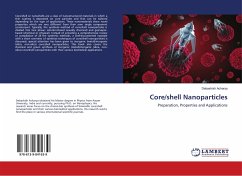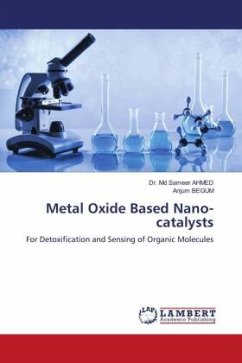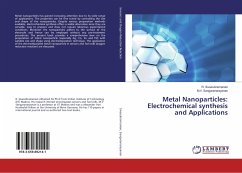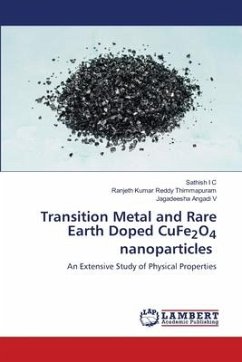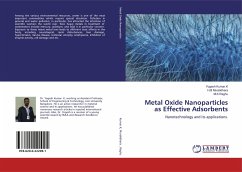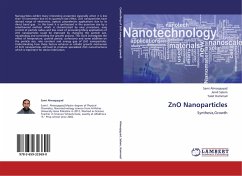Metal nanoparticles have been widely used as efficient catalysts for many industrial applications due to their unique properties (high surface area, quantum confinement effect etc.). However, there are several problems existing in the traditional metal nanoparticle catalysts. Activity loss caused by aggregation and poor recyclability are key issues. To solve these problems, efforts have been put on creating materials with new structures. Porous layer coating has been developed as an effective method. The porous layer serves as a protection layer between the nanoparticles to prevent aggregation and it provides accessible windows and channels for the guest molecules. Metal-Organic Frameworks(MOFs)are good candidates for shell material with various pore size and flexibility. Among which have been developed to date, Zeolitic Imidazolate Frameworks-8 (ZIF-8) and UiO-66 show advantageous properties. The solvent resistivity and high thermal stability makes them stand out to be good candidates as shell materials. In this work, an efficient way was developed to create a yolk-shell structure of Pd nanoparticles in ZIF-8 and core-shell of Pt in UiO-66.
Bitte wählen Sie Ihr Anliegen aus.
Rechnungen
Retourenschein anfordern
Bestellstatus
Storno

